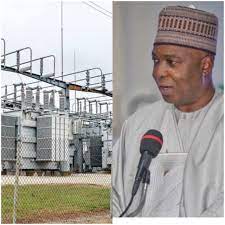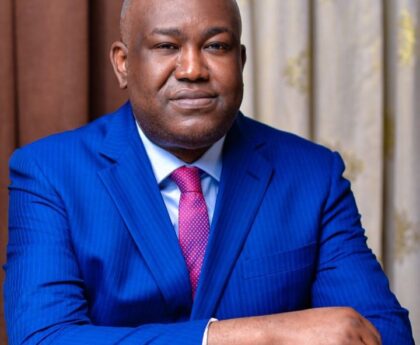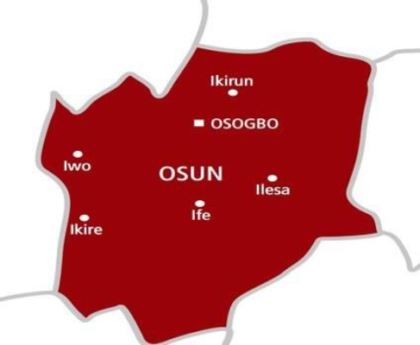By Abdul Abdul
The Nigerian power sector has been the subject of numerous challenges related but not limited to electricity policy enforcement, regulatory uncertainty, gas supply, transmission system constraints, and major power sector planning shortfalls.
These challenges have held back our nation despite its potential to generate 12,522 MW of electric power from existing plants. Due to these limitations, rural and semi-urban populations in Nigeria continue to suffer from unreliable and expensive energy supply.
It is on that basis that one rejoices with the people of Budo Osho, Tanke, Okeodo, F-Division, and Basin as they get set to benefit from the commissioning of the long-awaited rehabilitation of the Budo Osho power substation. The development, no doubt, will engender improved power supply and promote economic activities in the said areas.
This did not come easy. One is very much aware that a few months ago, the aforementioned communities could no longer bear the erratic power supply and were at loggerheads with the IBEDC officials in the operation area. It was so frustrating that the university communities – in protest – acted in unison and asked to be disconnected from the national grid. Prepaid customers refrained from recharging while those on estimated billing returned the bills to the distribution company.
The issue lasted for weeks and the IBEDC management – at a meeting with the community representatives – at their Ibadan head office, among other agreements, promised to resuscitate the vandalized Budo Osho power substation, which was identified as key to power stability in the area. It is that promise that has today come to fruition, albeit with a little delay.
That said, it is also expedient to clarify some misrepresentation of facts and set the record straight regarding the efforts made to improve power infrastructure in Ilorin and Kwara at large.
President of the 8th Senate, Dr Abubakar Bukola Saraki, while in office, facilitated three power substations to Ilorin. These include the Kulende Power substation, Okolowo power substation, and Ilorin Stadium power substation. The rehabilitated Budo Osho Power Station was conceptualized and initiated by Saraki as Governor to service the new Government Reservation Area that he created, Judges Quarters and Tanke Community. The project was in existence for a long time until it was vandalized by robbers before this rehabilitation by IBEDC itself due to the people’s outcry.
Elected and appointed government officials who attended the commissioning only did so because they were invited by the IBEDC to grace the event, and not because they contributed financially to the rehabilitation of the power project.
Community or personal interventions sometimes become inevitable, especially in a country like Nigeria, where there is a wide infrastructural deficit.
Dr. Saraki had on countless occasions used government machinery to enhance electricity supply in Kwara communities either by provision of electric poles, cables, transformers supply, or as repair works. He has done the same in a personal capacity as well. This does not invalidate the fact that IBEDC, as part of its core statutory role, needs to finance the distribution of power to consumers in communities. It is that statutory task that is carried out at Budo Osho.
In the same vein, the three projects facilitated by the President of the 8th Senate were appropriated to be executed by the Rural Electrification Agency (REA). It is unheard of that an individual would be reported to have spent personal funds to “complete” a project duly appropriated for by a Federal Agency, with work ongoing.
The challenges bedeviling the power sector in Nigeria are alarming, and it takes an uncommon feat to be able to make a difference there. It’s good to know that the people have been able to pressure the Distribution Company in Kwara to get Budo Osho back on track. To underscore the concern of Dr. Saraki, the Kulende power station facilitated by him, was programmed to be powered by Budo Osho. That was part of the plans by the Rural Electrification Agency (REA).
Unfortunately, Budo Osho was vandalized, and REA was pressured to go as far as Ganmo Power Station to energize Kulende Power Station.
I am sure that the project office of Dr. Saraki has secured a commitment from the Rural Electrification Agency towards the completion and commissioning of the power projects in line with their annual disbursement plans.
Abdulganiyu Abdulqadir writes from Ilorin, Kwara State.




